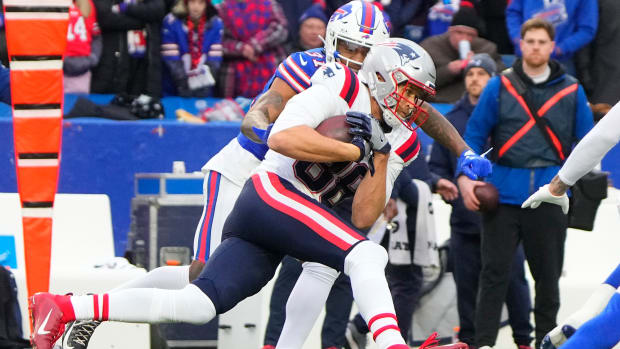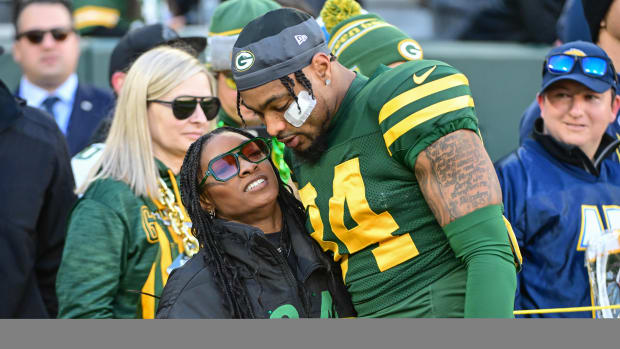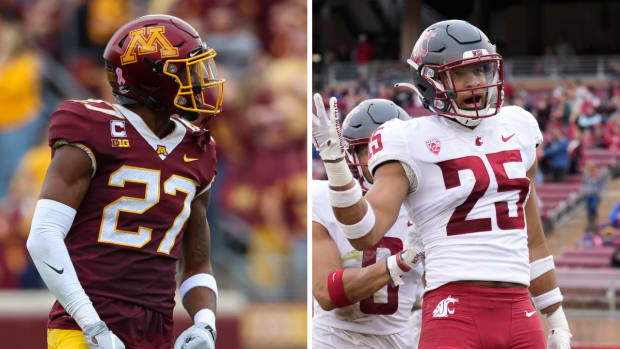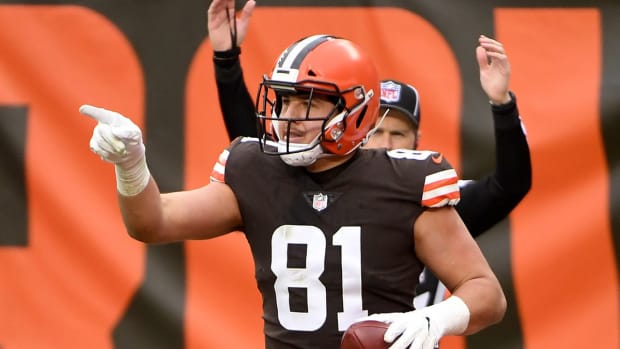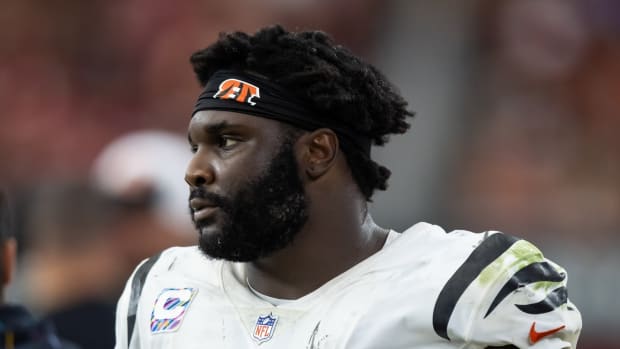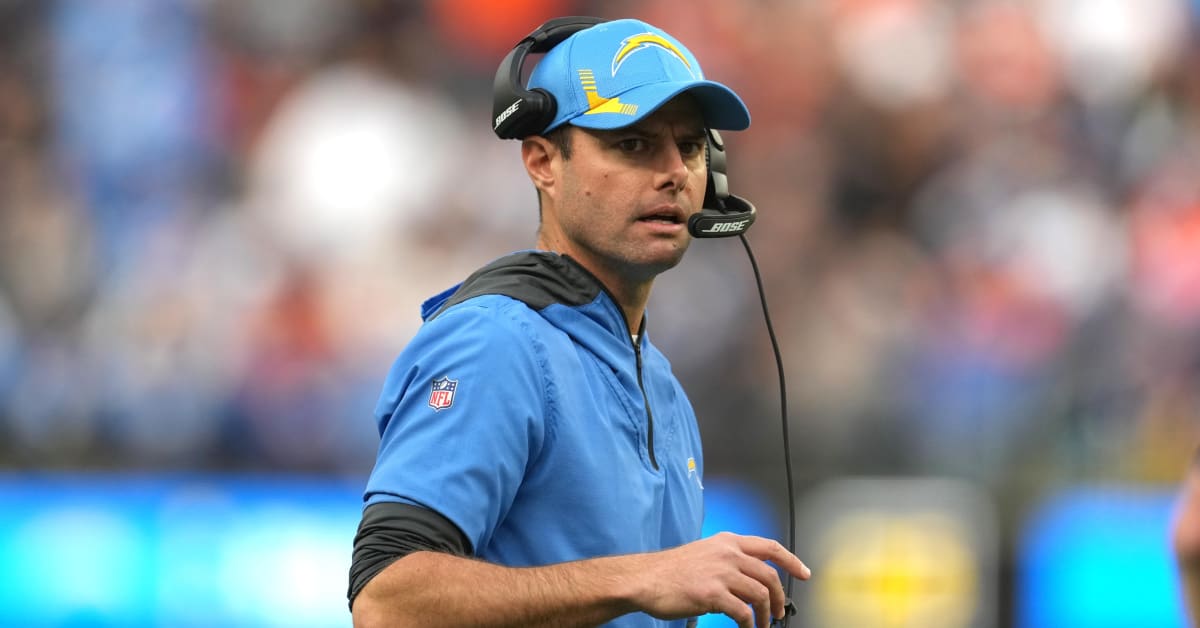
Derek Carr Says Chargers’ OT Timeout ‘Definitely’ Changed Raiders’ Mindset
For a few fleeting moments, it seemed like Tiemageddon was about to happen.
The Raiders and Chargers battled through the most chaotic final minutes of regulation to get to overtime all square, 29–29. The stakes were simple: the winner of this game advanced to the playoffs, while the loser went home. A tie, as unlikely as that outcome seemed prior to kickoff, meant both teams advanced and the Steelers were eliminated. After both sides traded field goals to start overtime, the prospect of a mutually-beneficial tie was inching ever closer to fruition.
The Raiders seemed more than happy to accept this result. Las Vegas converted a 3rd-and-8 to advance the ball to the Chargers’s 39-yard line as the clock stopped for the two-minute warning. Three plays with no clock stoppages would bring the game to an end, and the Raiders ran twice for a net gain of six yards while eating up all of the play clock on each play. Then, with under 40 seconds left, Chargers head coach Brandon Staley called a timeout.
Did the timeout drastically impact the Raiders’s ability to manage the clock? Not really, as the play clock had nearly wound down when Staley called it. But after the game, Raiders quarterback Derek Carr said the move impacted the offense’s strategy.
“It definitely did, obviously,” Carr said in his post-game interview with NBC’s Michelle Tafoya. “But we knew, no matter what, we didn’t want a tie. We wanted to win the football game.”
The Chargers’s timeout could have been interpreted by the opposing sideline that they weren’t content to simply stop trying to win the game. On the ensuing play, Josh Jacobs rushed for 10 yards to the 29-yard line, setting up Daniel Carlson for the game-winning 47-yard field goal as time expired.
The fourth quarter of this game—which saw five fourth-down conversions by the Chargers and a game-tying touchdown with no time left on the clock—already ensured its place as the best game of the regular season. But the prospect of both teams walking off the field happy was tantalizingly close, and the Chargers clock management in the final minute of overtime might have been the determining factor that cost the football-viewing world the tie it craved so dearly.
More NFL Coverage:
































